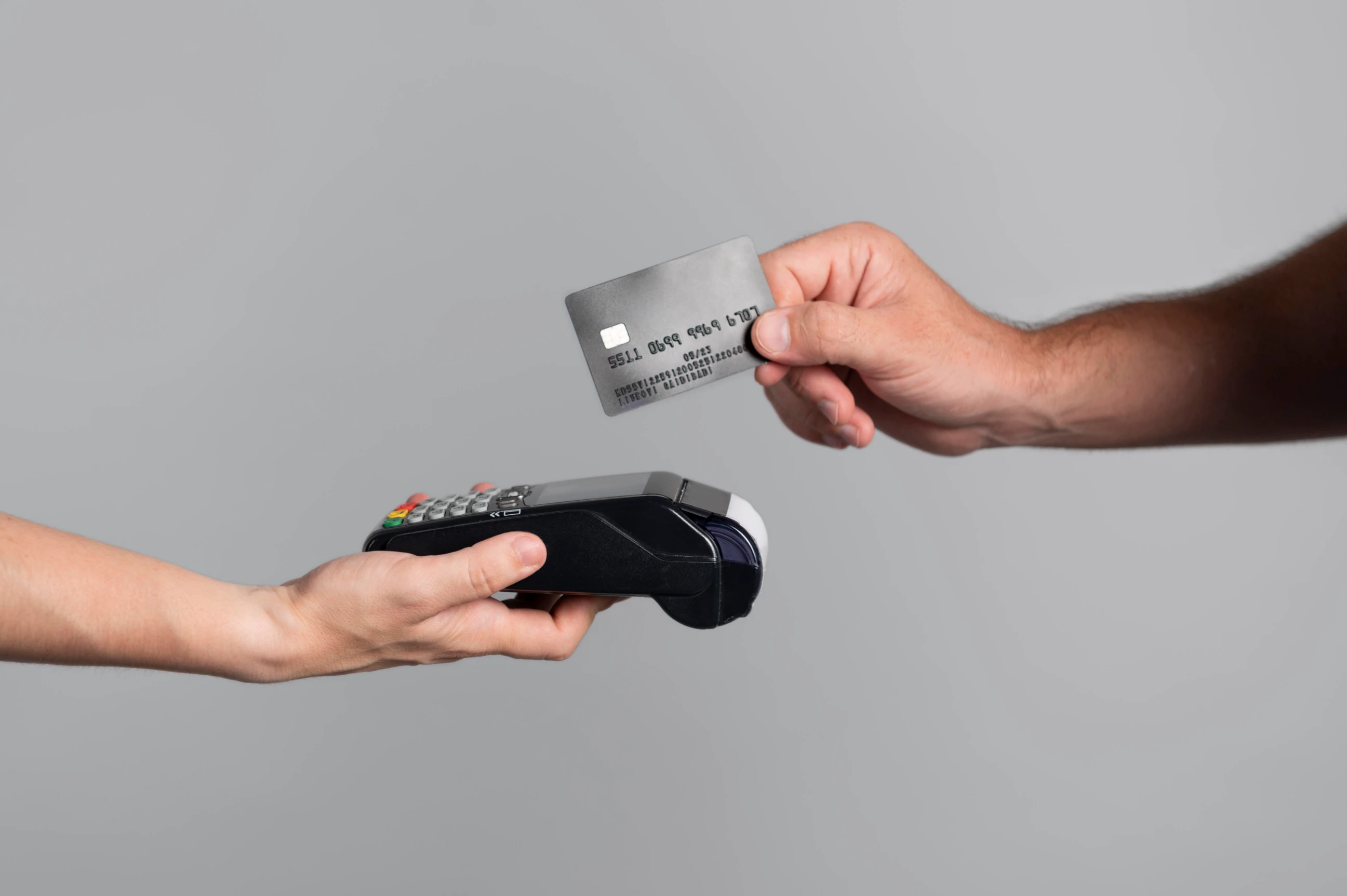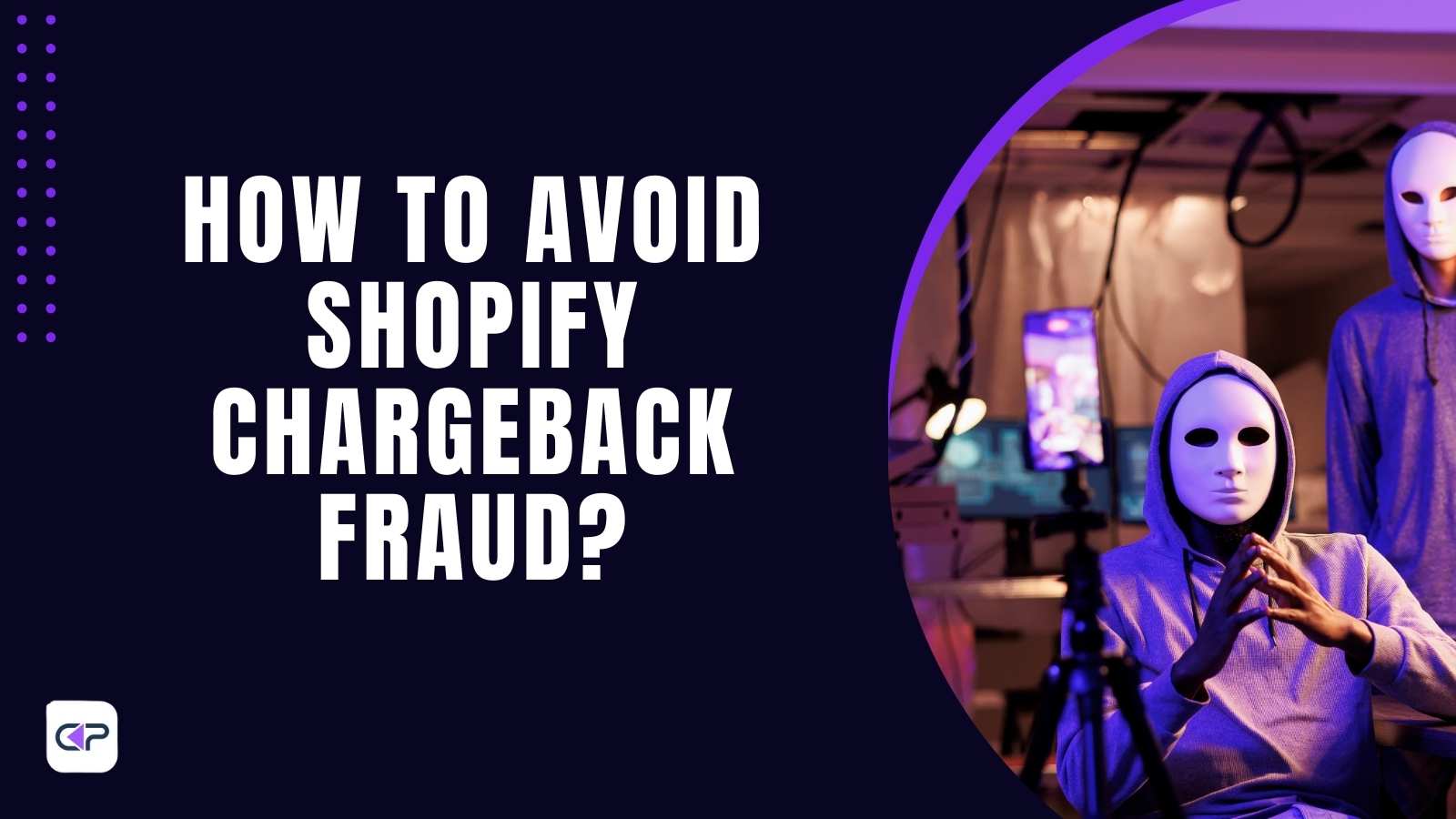
An Expert Guide on Shopify Chargeback Fraud for Store Owners
Are you struggling with the growing threat of chargeback fraud in your Shopify store?
You’re not alone. Recent reports show that chargeback fraud continues to rise, with nearly 70% of credit card fraud linked to friendly fraud or illegitimate disputes. (Source: MasterCard)
In 2023 alone, global merchants lost over $117 billion to chargebacks, with many cases stemming from card-not-present (CNP) transactions—a common scenario in eCommerce. (Source: Business Wire)
This financial drain isn’t just about revenue loss; it also affects merchant reputations and operational efficiency. With 53% of cardholders bypassing merchants and disputing transactions directly with their banks, store owners must stay proactive.
Our guide will provide actionable insights to help protect your Shopify store from chargeback fraud and maintain business profitability.
What is Shopify Chargeback Fraud?
Shopify chargeback fraud occurs when a customer disputes a legitimate transaction with their card issuer to illegitimately reverse the payment. While chargebacks originally protect customers from unauthorized or fraudulent transactions, exploiters use this mechanism to gain goods or services without paying.
For Shopify store owners, fraud poses a dual challenge: financial loss from reversed payments and operational disruptions, such as restocking inventory and handling dispute processes. Over time, frequent chargebacks harm a business's reputation, increase fees from payment processors, and lead to account suspension.
How Fraudulent Commit Chargeback Fraud on Shopify?
Fraudsters leverage several tactics to exploit Shopify's chargeback process.
Common methods include:
Legitimate customers claim they didn’t receive a product or deny authorizing a purchase despite receiving and using the goods.
2. Stolen Credit Card Details
Fraudsters use stolen card information to make purchases, triggering chargebacks when the real cardholder disputes the charge.
3. Subscription or Recurring Billing Disputes
Customers who forget to cancel subscriptions may claim unauthorized charges. Fraudsters use this tactic to unfairly avoid paying for ongoing services.
4. Digital Product Chargebacks
Since digital goods like eBooks or software cannot be physically returned, some buyers exploit this gap to dispute charges after accessing the product.

New Types of Fraudulent Shopify Chargebacks
The rise of sophisticated fraud tactics has introduced newer challenges for Shopify store owners:
1. Refund and Reshipping Scams
Fraudsters request a refund by claiming the order was damaged or never arrived, all while reselling the goods they fraudulently obtained.
2. Triangulation Fraud
In this scheme, a fraudster places an order on a Shopify store using stolen card details and ships the product to a third party, creating layers of separation to confuse the trail.
3. Bot-Driven Chargebacks
Automated bots exploit vulnerabilities in Shopify stores, initiating multiple chargebacks in bulk to overwhelm the merchant’s operations.
4. Synthetic Identity Fraud
Fraudsters create fake customer identities using stolen data, making it harder to trace disputes to a real individual.
Understanding these tactics is the first step for Shopify store owners to safeguard their revenue and mitigate chargeback risks effectively.
Can Merchant Errors Lead to Fraud on Shopify?
Yes, merchant errors inadvertently contribute to fraud on Shopify. These errors lead to disputes, revenue loss, and reputational damage, further complicating chargeback management for Shopify store owners.
Below are common merchant errors that enable fraud:
1. Inaccurate Product Descriptions
Misleading or incomplete product details cause customers to feel misled, leading to disputes or chargebacks.
Fraudsters exploit these ambiguities by claiming the product wasn’t as described, even when it was delivered as advertised.
2. Improper Order Fulfillment
Mistakes like shipping the wrong product, delays in delivery, or failure to provide tracking details escalate into disputes.
Fraudsters often use these lapses to justify false chargeback claims.
3. Weak Refund and Cancellation Policies
The lack of clear, accessible refund or cancellation policies increases dispute occurrence. Fraudsters claim they were unaware of the policies to bolster their chargeback claims.
4. Poor Communication with Customers
Ignored customer inquiries or slow responses frustrate buyers, prompting them to dispute charges instead of resolving issues directly.
Fraudsters exploit this lack of communication to strengthen their fraudulent claims.
5. Insecure Payment Processes
Failing to implement robust payment security measures, like CVV checks or two-factor authentication, leaves the store vulnerable to unauthorized transactions.
These oversights make it easier for fraudsters to use stolen card details.
6. Failure to Document Transactions
Not keeping records of customer communications, delivery confirmations, or receipts weakens the merchant’s ability to challenge illegitimate chargebacks.
Fraudsters often rely on this lack of evidence to win disputes.
The Ripple Effect of Merchant Errors
Merchant errors don’t just lead to individual instances of fraud—they harm overall chargeback ratios and payment processor trust.
Higher chargeback rates result in increased fees, frozen accounts, or even termination of payment services, jeopardizing the store’s operations.
By identifying and addressing these common mistakes, Shopify merchants reduce vulnerabilities, build customer trust, and strengthen their defenses against fraudulent activity.
Secure Your Store From Chargeback Fraud with ChargePay
ChargePay is the ultimate solution for Shopify merchants looking to combat chargeback fraud efficiently.
It identifies fraudulent transactions in real-time, preventing disputes before they escalate into chargebacks.
With features like automated dispute management and tailored fraud prevention strategies, ChargePay streamlines operations protects your revenue, and ensures your payment accounts remain in good standing.
Take control of your store's security and minimize losses caused by chargeback fraud.
Install the ChargePay Shopify app today and experience seamless protection for your store







.svg)







.svg)
.svg)
.svg)